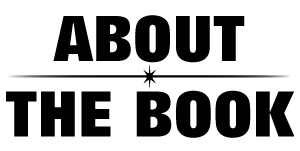
Evolutionary psychology is the study of the adaptive significance of behavior and attempts to explain how certain behaviors developed over time in order to secure survival and increase the probability of survival of one's progeny. Darwin's words, penned over a century ago, make the point that each level of cognitive and behavioral complexity is acquired slowly, gradually, through generation upon generation, over eons of time. William James, author of the first psychology textbook, founded his subdiscipline of functionalism on Darwin's basic assertion that behavior, just like morphology, is shaped by selective pressure, and that traits such as consciousness and the ability to plan and to problem solve were highly adaptive traits that developed in the human species as a result of natural selection. What evolutionary psychology offers that is very different from other perspectives is the idea that many of the behaviors that we view as negative or harmful (e.g., jealousy, anger, greed) as well as those we view as positive and helpful (e.g., love, compassion, loyalty) are not the result of external forces such as punishment and reward, although external forces may bring these behaviors to fruition: These behaviors are the result of our intrinsic, biological human nature. Moreover, even the subtlest and most esoteric of human behaviors such as aesthetic sense, self-reflexive consciousness, and a striving for meaning are explainable as the result of the laws of natural selection.
This text weaves evolutionary explanations into a framework that incorporates ontogeny and physiological mechanisms, as well as immediate causation. It reviews how evolutionary psychology explains and predicts human behavior in contexts such as mate selection and development and maintenance of social hierarchies. Primary topics addressed are human origins, evolution of the brain and mind, language, mating, social behavior, tool use and art, and challenges of adjusting our minds and behavior to the modern environment.
